
Kód: 04531590
Words without Objects
Autor Henry Laycock
A picture of the world as chiefly one of discrete objects, distributed in space and time, has sometimes seemed compelling. It is however one of two main targets of Henry Laycock's book; for it is seriously incomplete. The picture, ... celý popis
- Jazyk:
 Angličtina
Angličtina - Väzba: Pevná
- Počet strán: 222
Nakladateľ: Oxford University Press, 2006
- Viac informácií o knihe

Mohlo by sa vám tiež páčiť
-
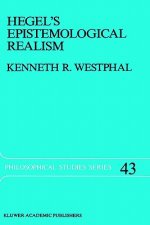
Hegel's Epistemological Realism
215.03 € -
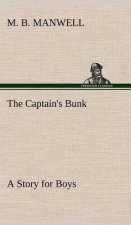
Captain's Bunk A Story for Boys
48.11 €
Darčekový poukaz: Radosť zaručená
- Darujte poukaz v ľubovoľnej hodnote, a my sa postaráme o zvyšok.
- Poukaz sa vzťahuje na všetky produkty v našej ponuke.
- Elektronický poukaz si vytlačíte z e-mailu a môžete ho ihneď darovať.
- Platnosť poukazu je 12 mesiacov od dátumu vystavenia.
Viac informácií o knihe Words without Objects
Nákupom získate 494 bodov
 Anotácia knihy
Anotácia knihy
A picture of the world as chiefly one of discrete objects, distributed in space and time, has sometimes seemed compelling. It is however one of two main targets of Henry Laycock's book; for it is seriously incomplete. The picture, he argues, leaves no space for stuff like air and water. With discrete objects, we may always ask 'how many?', but with stuff the question has to be 'how much?' Within philosophy, stuff of certain basic kinds is central to the ancient pre-Socratic world-view; but it also constitutes the field of modern chemistry and is a major factor in ecology. Philosophers these days, in general, are unlikely to deny that stuff exists. But they are very likely to deny that it is ('ultimately') to be contrasted with things, and it is on this account that logic and semantics figure largely in the framework of the book. Elementary logic is a logic which takes values for its variables; and these values are precisely distinct individuals or things. Existence is then symbolized in just such terms; and this, it is proposed, creates a pressure for 'reducing' stuff to things. Non-singular expressions, which include words for stuff, 'mass' nouns, and also plural nouns, are 'explicated' as semantically singular. Here then is the second target of the book. The posit that both mass and plural nouns name special categories of objects (set-theoretical 'collections' of objects in the one case, mereological 'parcels' or 'portions' of stuff in the other) represents, so Laycock urges, the imposition of an alien logic upon both the many and the much.
 Parametre knihy
Parametre knihy
Zaradenie knihy Knihy po anglicky Language linguistics Philosophy of language
200.25 €
- Celý názov: Words without Objects
- Podnázov: Semantics, Ontology, and Logic for Non-Singularity
- Autor: Henry Laycock
- Jazyk:
 Angličtina
Angličtina - Väzba: Pevná
- Počet strán: 222
- EAN: 9780199281718
- ISBN: 0199281718
- ID: 04531590
- Nakladateľ: Oxford University Press
- Hmotnosť: 395 g
- Rozmery: 224 × 144 × 20 mm
- Dátum vydania: 06. April 2006
Obľúbené z iného súdka
-
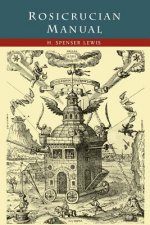
Rosicrucian Manual
16.51 € -
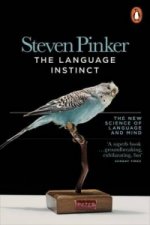
Language Instinct
14.46 € -23 % -
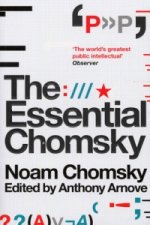
Essential Chomsky
22.05 € -23 % -
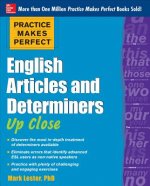
Practice Makes Perfect English Articles and Determiners Up Close
13.84 € -15 % -

Making the Social World
12.30 € -23 % -
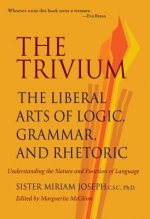
Trivium
21.94 € -
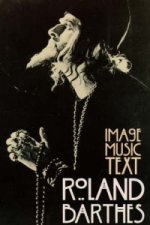
Image Music Text
12.30 € -15 % -
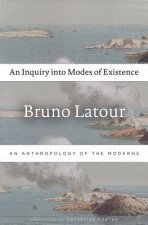
Inquiry into Modes of Existence
36.62 € -4 % -

Constructing the World
83.60 € -5 % -
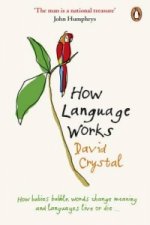
How Language Works
14.46 € -23 % -
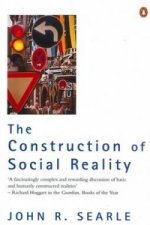
Construction of Social Reality
14.46 € -23 % -
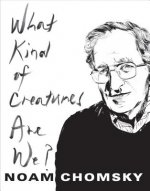
What Kind of Creatures Are We?
14.25 € -12 % -
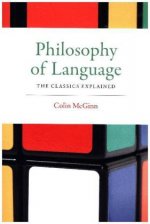
Philosophy of Language
40.21 € -11 % -
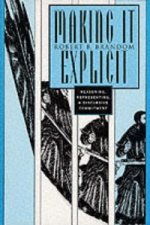
Making It Explicit
55.19 € -4 % -
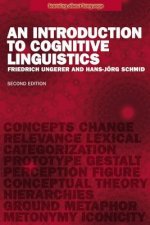
Introduction to Cognitive Linguistics
97.25 € -
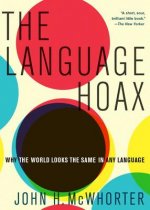
Language Hoax
14.46 € -16 % -
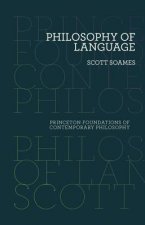
Philosophy of Language
28.10 € -
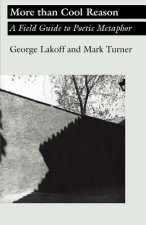
More than Cool Reason
36 € -
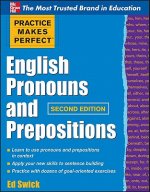
Practice Makes Perfect English Pronouns and Prepositions, Second Edition
15.69 € -14 % -
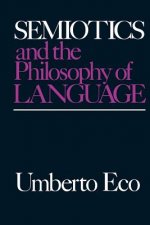
Semiotics and the Philosophy of Language
26.05 € -
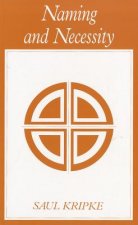
Naming and Necessity
30.15 € -19 % -
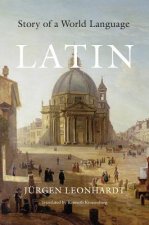
Latin
31.90 € -
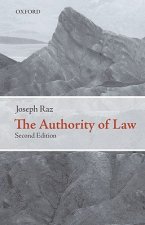
Authority of Law
54.98 € -
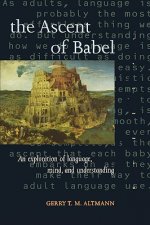
Ascent of Babel
105.05 € -
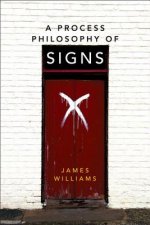
Process Philosophy of Signs
36.10 € -
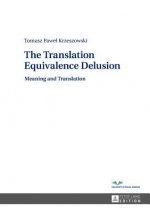
Translation Equivalence Delusion
114.90 € -
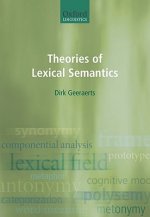
Theories of Lexical Semantics
64.21 € -
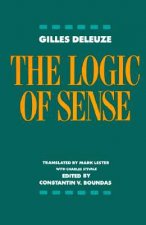
Logic of Sense
27.18 € -3 % -
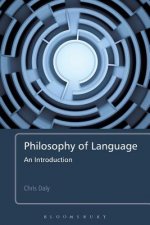
Philosophy of Language
63.60 € -
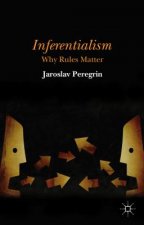
Inferentialism
177.48 € -
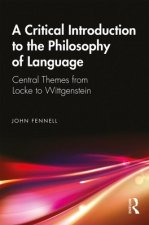
Critical Introduction to the Philosophy of Language
68.01 € -
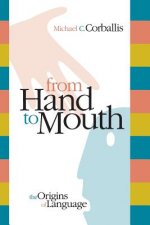
From Hand to Mouth
49.95 € -

How to Do Things with Words
63.70 € -
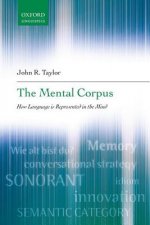
Mental Corpus
61.85 € -
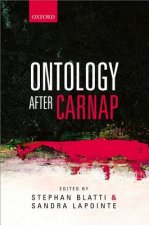
Ontology after Carnap
126.28 € -
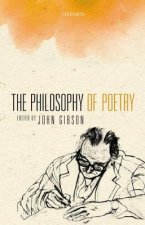
Philosophy of Poetry
122.49 € -
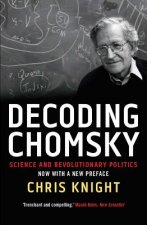
Decoding Chomsky
11.79 € -47 % -
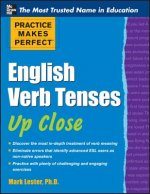
Practice Makes Perfect English Verb Tenses Up Close
21.43 € -
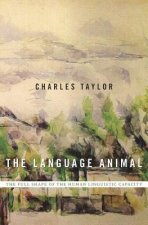
Language Animal
41.03 € -
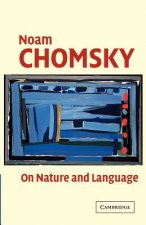
On Nature and Language
62.98 € -
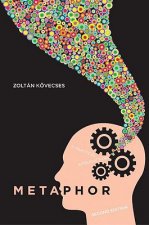
Metaphor
56.11 € -
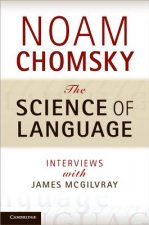
Science of Language
38.46 € -
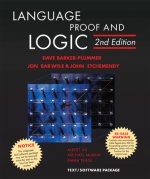
Language, Proof, and Logic
94.99 € -
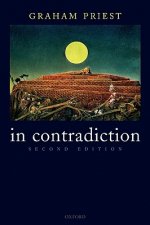
In Contradiction
94.48 € -
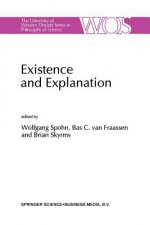
Existence and Explanation
215.03 € -
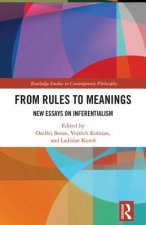
From Rules to Meanings
225.60 € -
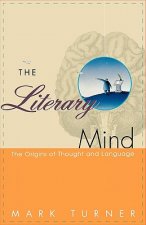
Literary Mind
30.97 € -
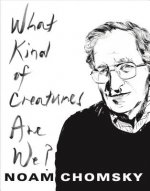
What Kind of Creatures Are We?
23.59 € -
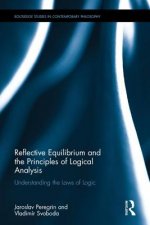
Reflective Equilibrium and the Principles of Logical Analysis
256.37 €
Osobný odber Bratislava a 2642 dalších
Copyright ©2008-24 najlacnejsie-knihy.sk Všetky práva vyhradenéSúkromieCookies



 21 miliónov titulov
21 miliónov titulov Vrátenie do mesiaca
Vrátenie do mesiaca 02/210 210 99 (8-15.30h)
02/210 210 99 (8-15.30h)